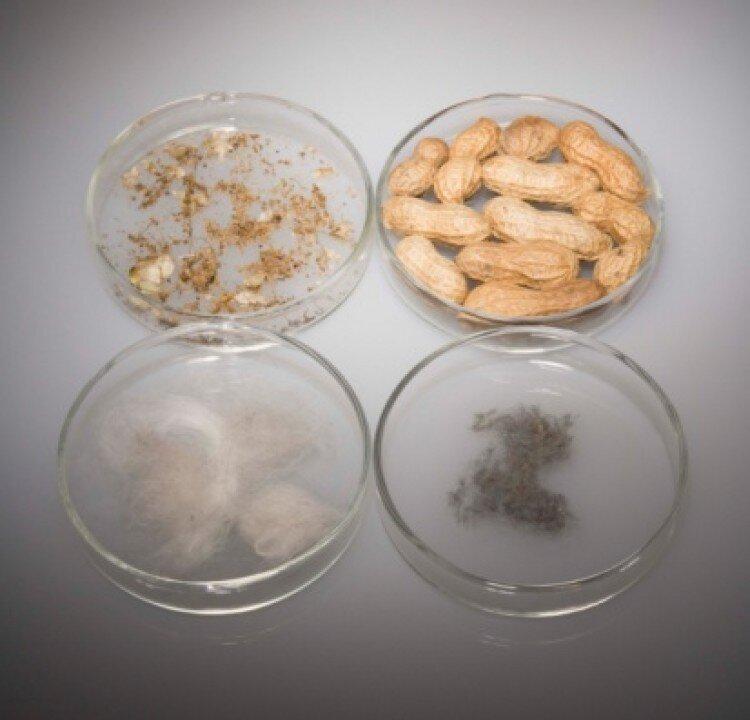A study funded by the National Institutes of Health has found that people with food allergies have reduced risk of COVID-19 infection, being asthmatic conferred no extra risk of infection; but being overweight, obese, or having a high body mass index (BMI) increased the risk of infection.
“The observed association between food allergy and the risk of infection with SARS-CoV-2, as well as between body-mass index and this risk, merit further investigation,” said Anthony Fauci, director of the National Institute of Allergy, and Infectious Diseases (NIAID).






